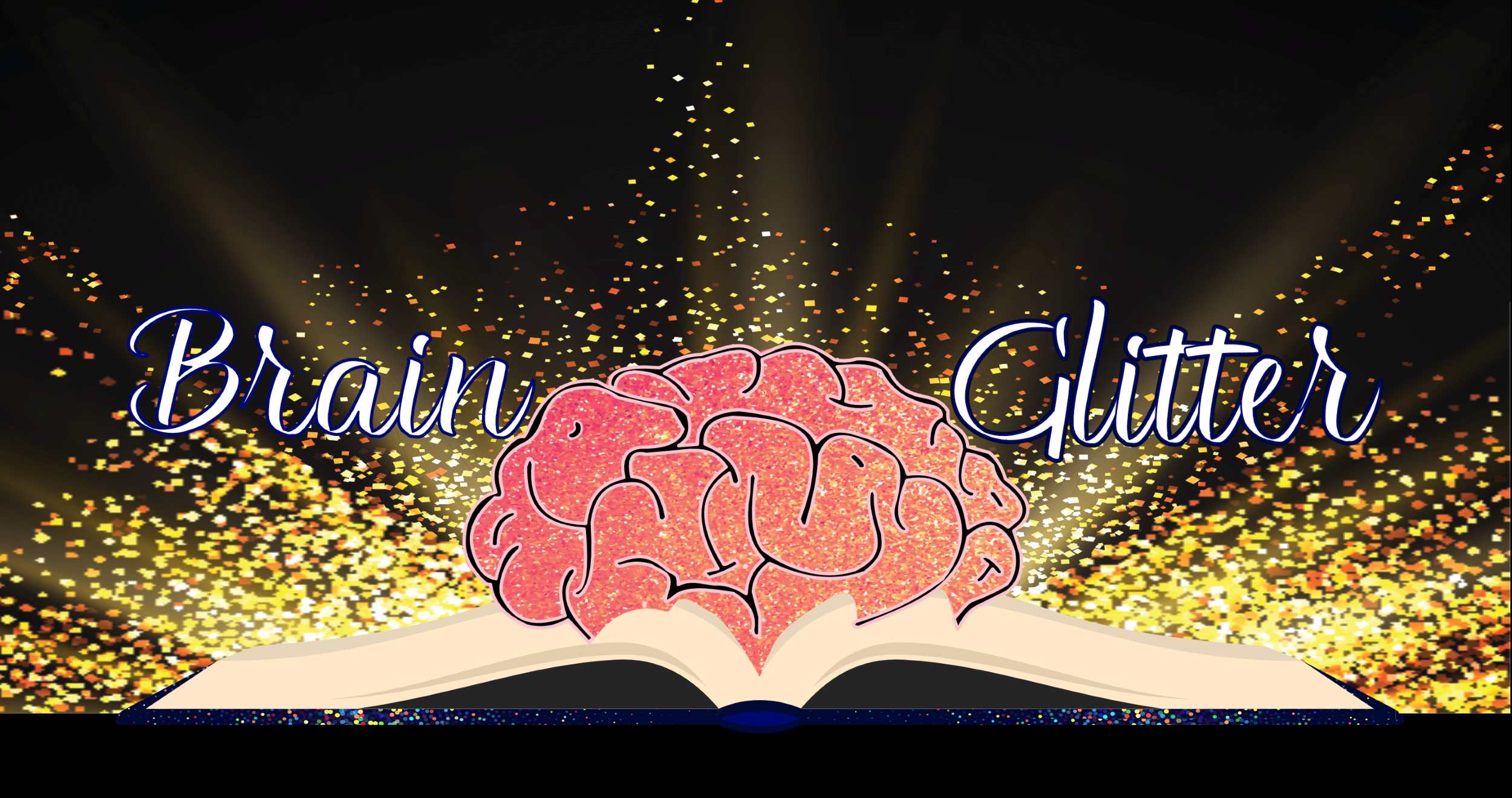Yellowface by Rebecca F. Kuang

(Format used for this read: Audiobook)
Authors June Hayward and Athena Liu were supposed to be twin rising stars. But Athena’s a literary darling. June Hayward is literally nobody. Who wants stories about basic white girls, June thinks.
So when June witnesses Athena’s death in a freak accident, she acts on impulse: she steals Athena’s just-finished masterpiece, an experimental novel about the unsung contributions of Chinese laborers during World War I.
So what if June edits Athena’s novel and sends it to her agent as her own work? So what if she lets her new publisher rebrand her as Juniper Song—complete with an ambiguously ethnic author photo? Doesn’t this piece of history deserve to be told, whoever the teller? That’s what June claims, and the New York Times bestseller list seems to agree.
But June can’t get away from Athena’s shadow, and emerging evidence threatens to bring June’s (stolen) success down around her. As June races to protect her secret, she discovers exactly how far she will go to keep what she thinks she deserves.
With its totally immersive first-person voice, Yellowface grapples with questions of diversity, racism, and cultural appropriation, as well as the terrifying alienation of social media. R.F. Kuang’s novel is timely, razor-sharp, and eminently compelling.
I have seen this recent novel on about a bagillion “must read” lists.
LOOOTTTSSSS of positive hype and discussion swirling around this read.
Pretty sure all the well known Book Club lists have recommended it–Oprah,Reese and NPR are the ones I generally pay the most attention to and they for sure have.
Some books I hear all kinds of hype about and then I get around to reading it….only to be hugely let down and disappointed.
(“Where the Crawdads Sing” was one of those for me…I was like “WTF why does everyone like this book? Bleh. Ugh.”)
But then there are those that not only live up to all the hype, but elevate to levels beyond the high expectations I have set.
THAT is where this book landed for me, yall.
Damnnnn. It was gooooood.
This was one of my personal fave types of reads….entertaining fiction BUT ALSO challenges your thoughts, opinions and perceptions PLUS teaches you some new things.
I like a mindless “just for funsies” story every now and then…but books like THIS are ones I definitely enjoy the most.
The main character–June–is super unlikeable, which I always find intriguing in a novel.
She is selfish, narcissitic and also the worst kind of white person racist—-the kind who THINKS they aren’t and label themselves as “woke” and “progressive”.
Unfortunately and shamefully, I know us white women can be the ABSOLUTE WORST EVERRRR with this…the caucasity can be STRONG within us…. and it sure is in these pages.
Ms Kuang was SPOT ON with how she wrote June’s character.
Not only is she white lady Karen unlikeable, June is also a liar and a theif….. LAAAAWWWWD she just grows more and more unlikeable as the story progresses.
She is SUPER CRINGE, yall.
The question of who has the right to tell marginalized stories is dealt with the entire book…and the author does give feedback and validation for multiple view points.
What I found interesting is that a message Ms Kuang wanted to get across in this story is that she personally thinks that is the WRONG question to ask of authors.
I read an interview done by The Guardian in May 2023 where she says this:
“We’re storytellers, and the point of storytelling is, among other things, to imagine outside of your lived experience and empathise with people who are not you, and to ideally write truthfully, and with compassion, a whole range of characters,” she continues. “Otherwise all we could ever publish are memoirs and autobiographies and nobody wants that.” For her, more interesting is how authors approach these stories: “Are they engaging critically with tropes and stereotypes that already exist in the genre? Or are they just replicating them? What is their relationship to the people who are being represented?” And, “most importantly, does the work do something interesting? Is it good?” While some concerns about the “permission to speak” come from desires to support underrepresented authors, Kuang thinks it “usually gets wielded as a double-edged sword against marginalised writers, to pigeonhole them into only writing about their marginalised experiences. And I hate this. It really functions as another form of gatekeeping.”
Let me tell yall that she really had me pondering her thoughts here…and second guessing myself.
Yall have heard me say time and time again that people in a place of privilege and/or power should NOT write from the POV of those who are marginalized or oppressed…..in my opinion that is stealing the mic instead of passing it.
I never thought of it the way Ms Kuang states…that this can be another form of gatekeeping and can even be used AGAINST marginalized writers!
I think the questions she poses above are really insightful analysis on considering whether or not an author should be writing what they are writing….and I will definitely consider this as I read authors in the future.
This book is an intricate potrait filled with many subjects: racism, subconscious bias, societal power, class privilege, and superficial diversity efforts.
Plus, it is also a dark humored, cynical satire on the publishing industry as a whole.
This is a work of fiction but the author has stated that a lot of what she wrote about the publishing world was from her real life experience as a writer…I didn’t know the depths of the superficiality and pettiness of that world, but DANG.
This was an amazing, well written, unique and insightful book.
Highly recommend.
You’ll definitely be sitting with your thoughts during and after you read…and I think that is EXACTLY what the author wants you to do.

